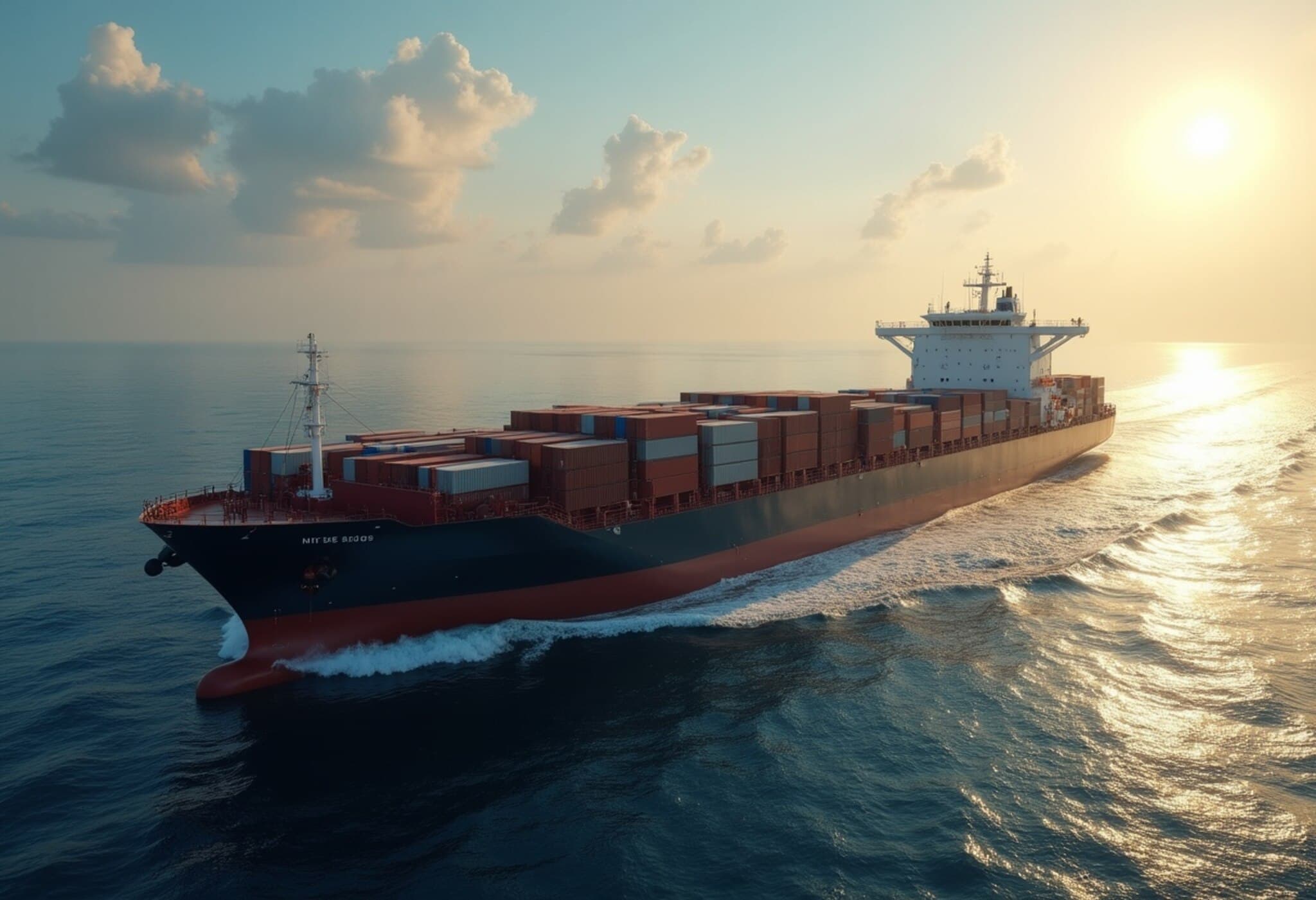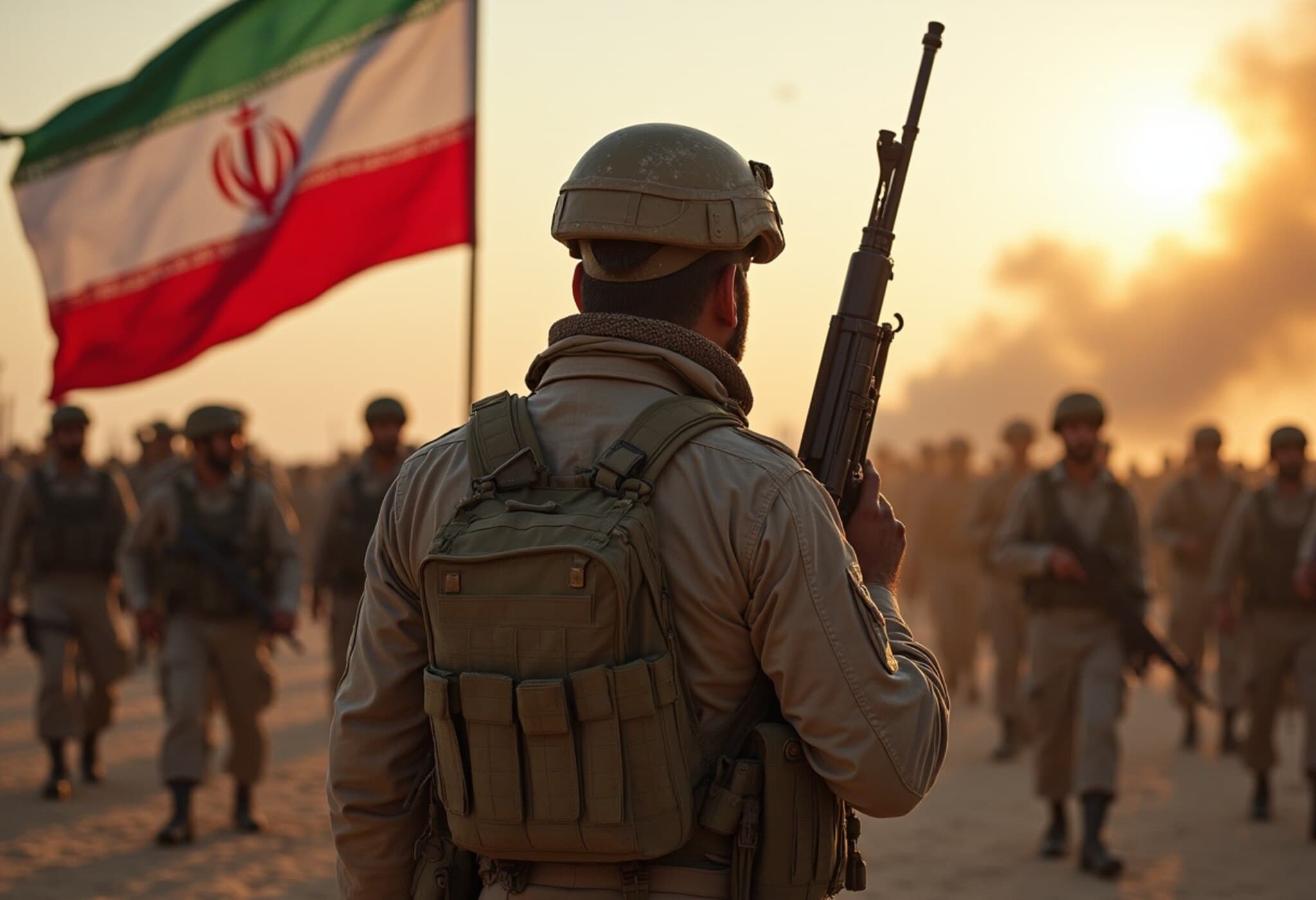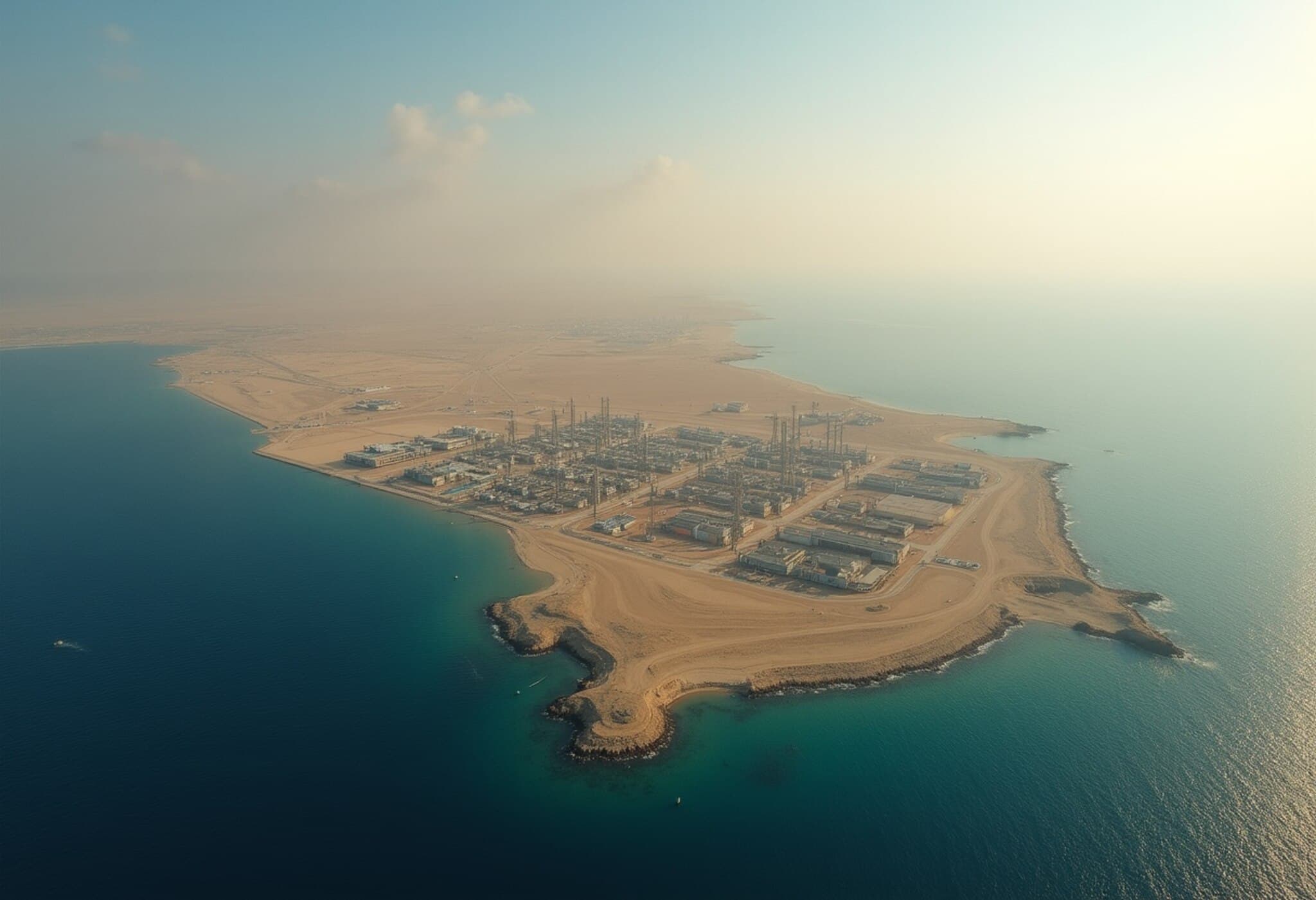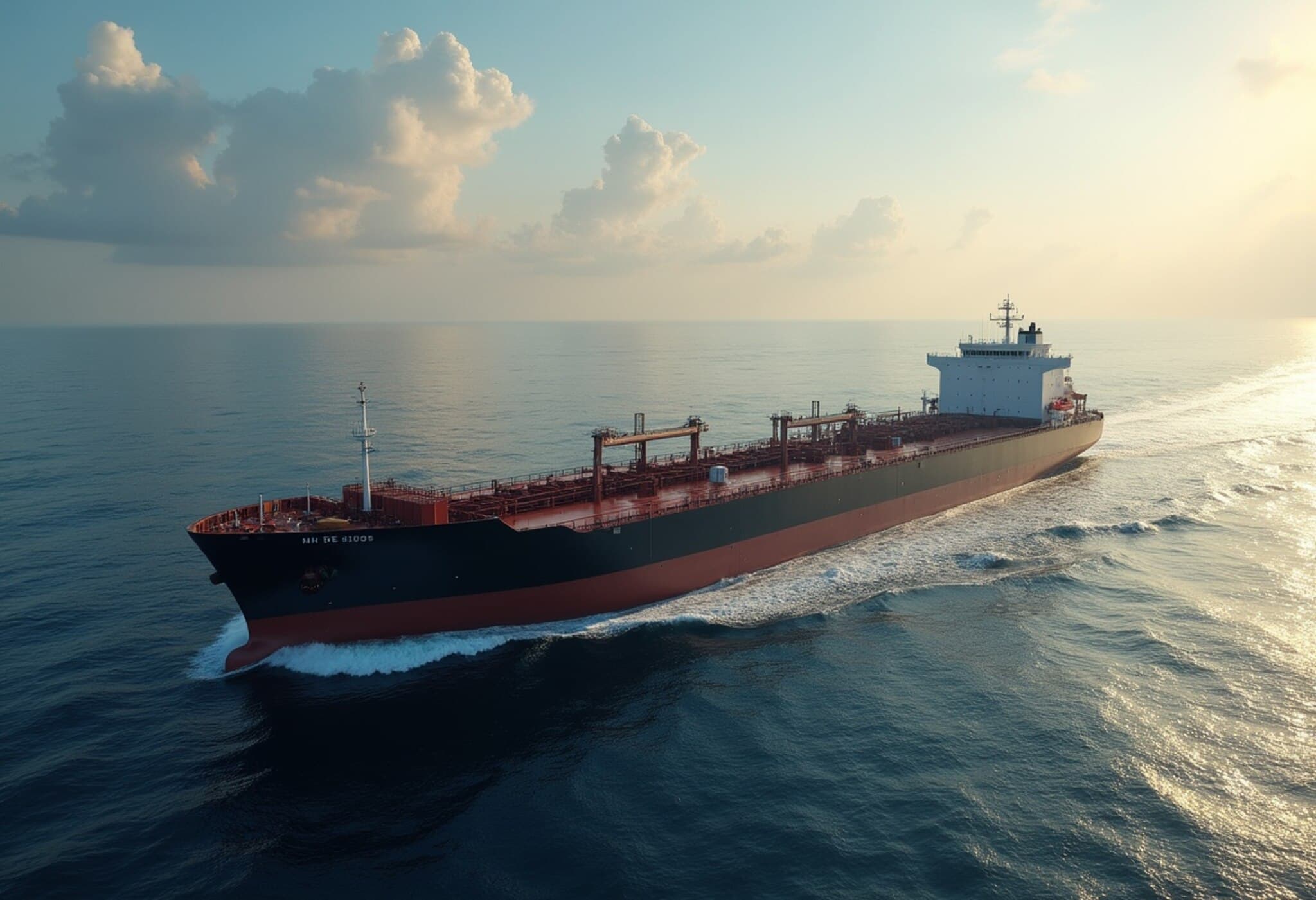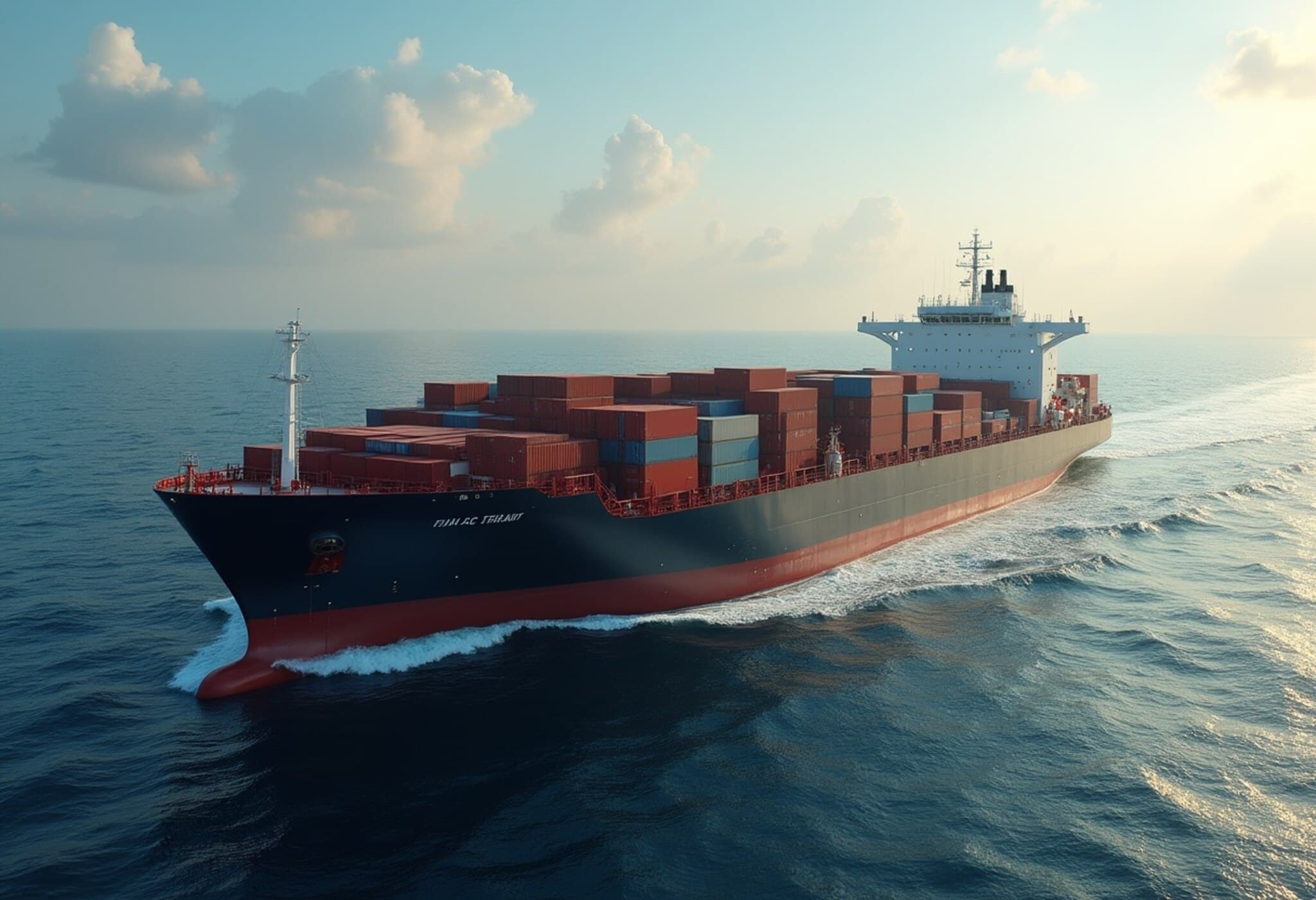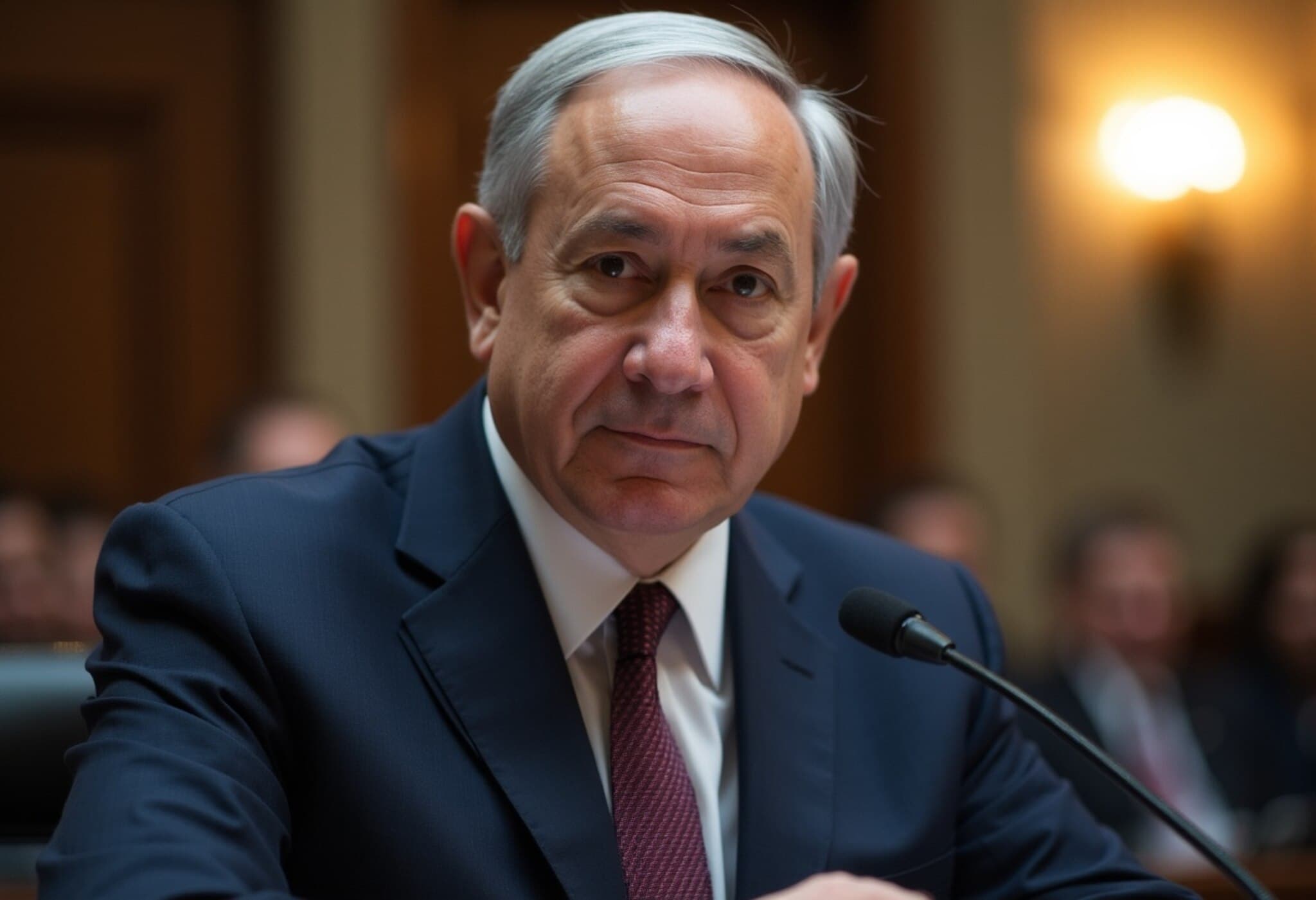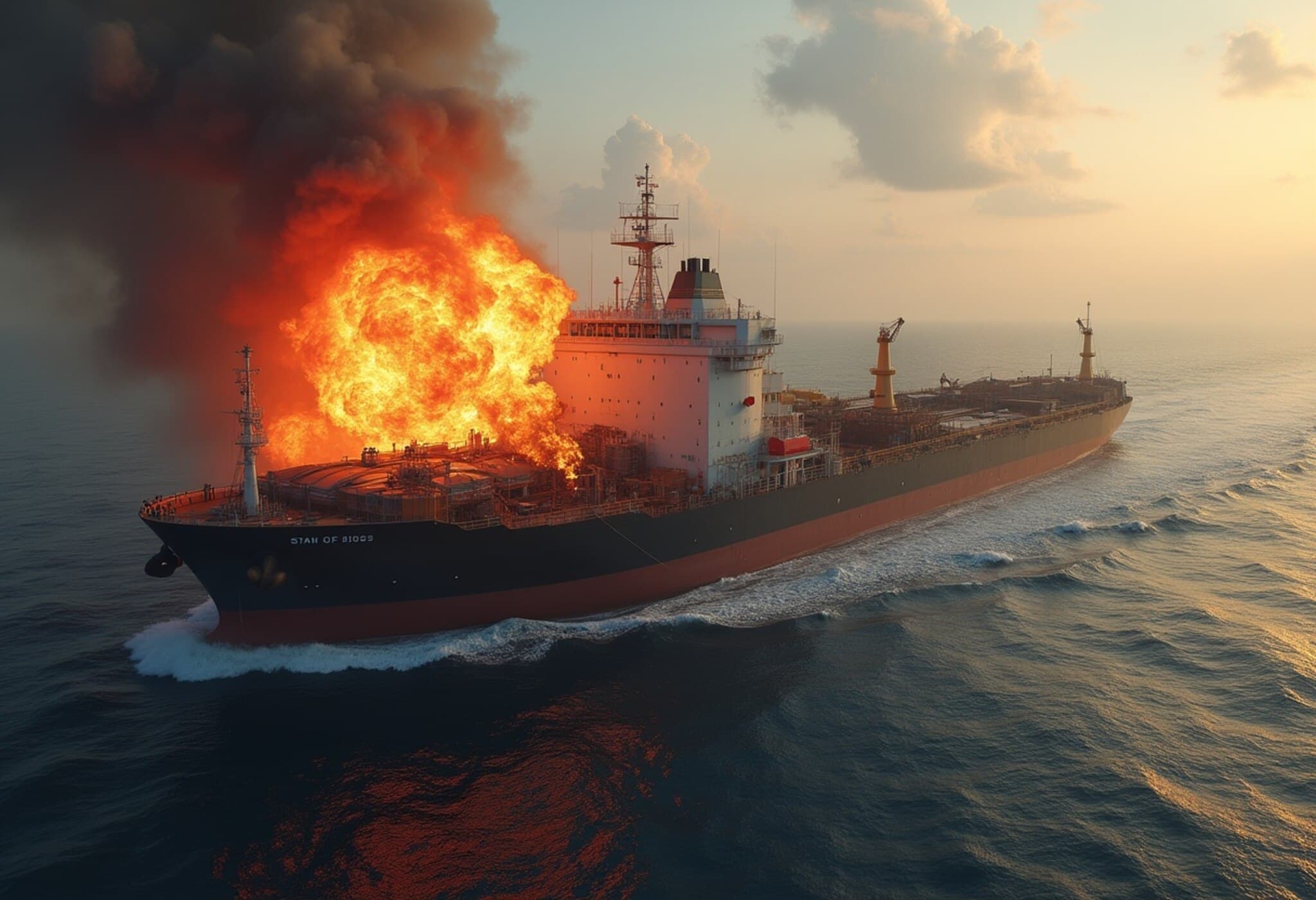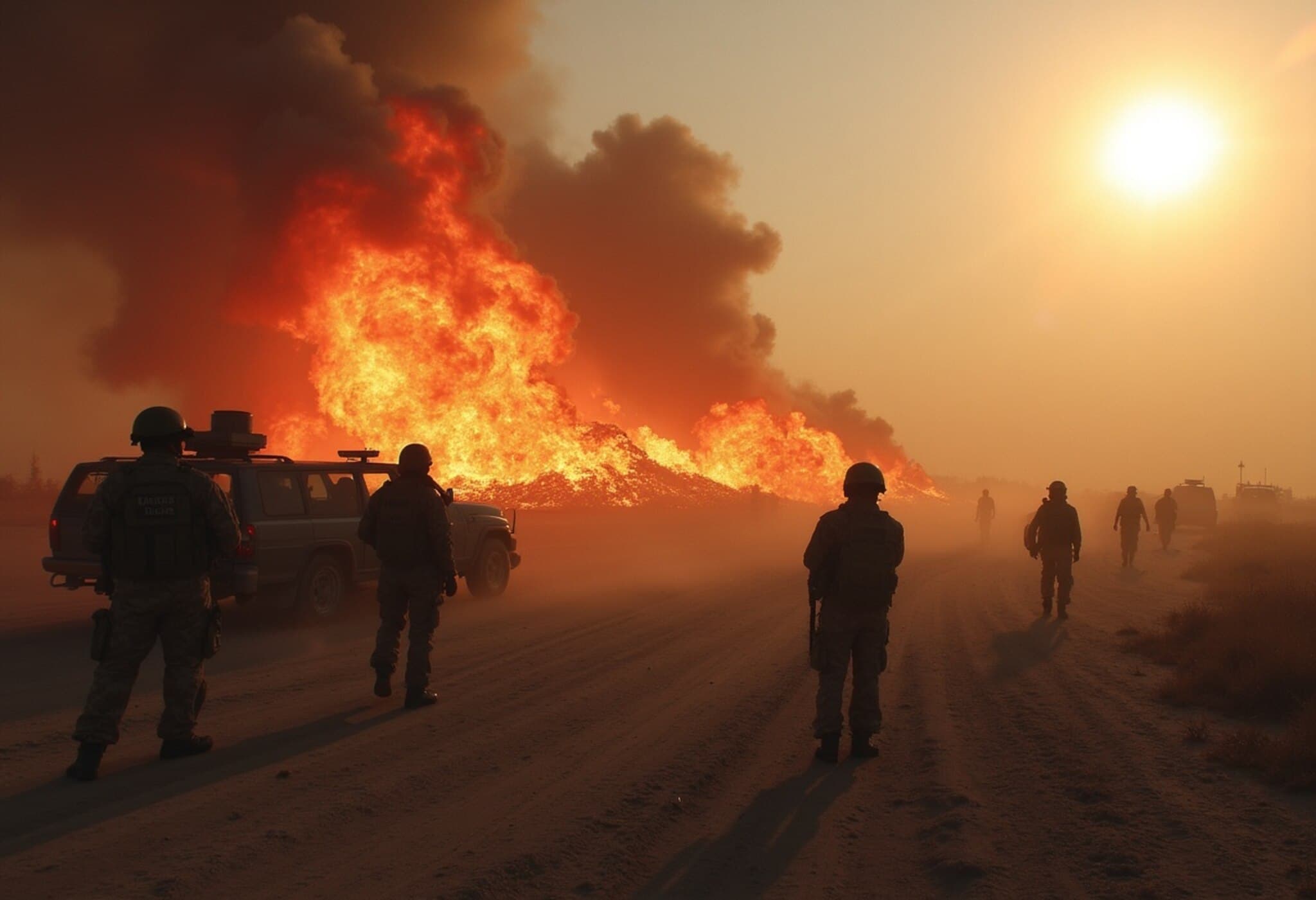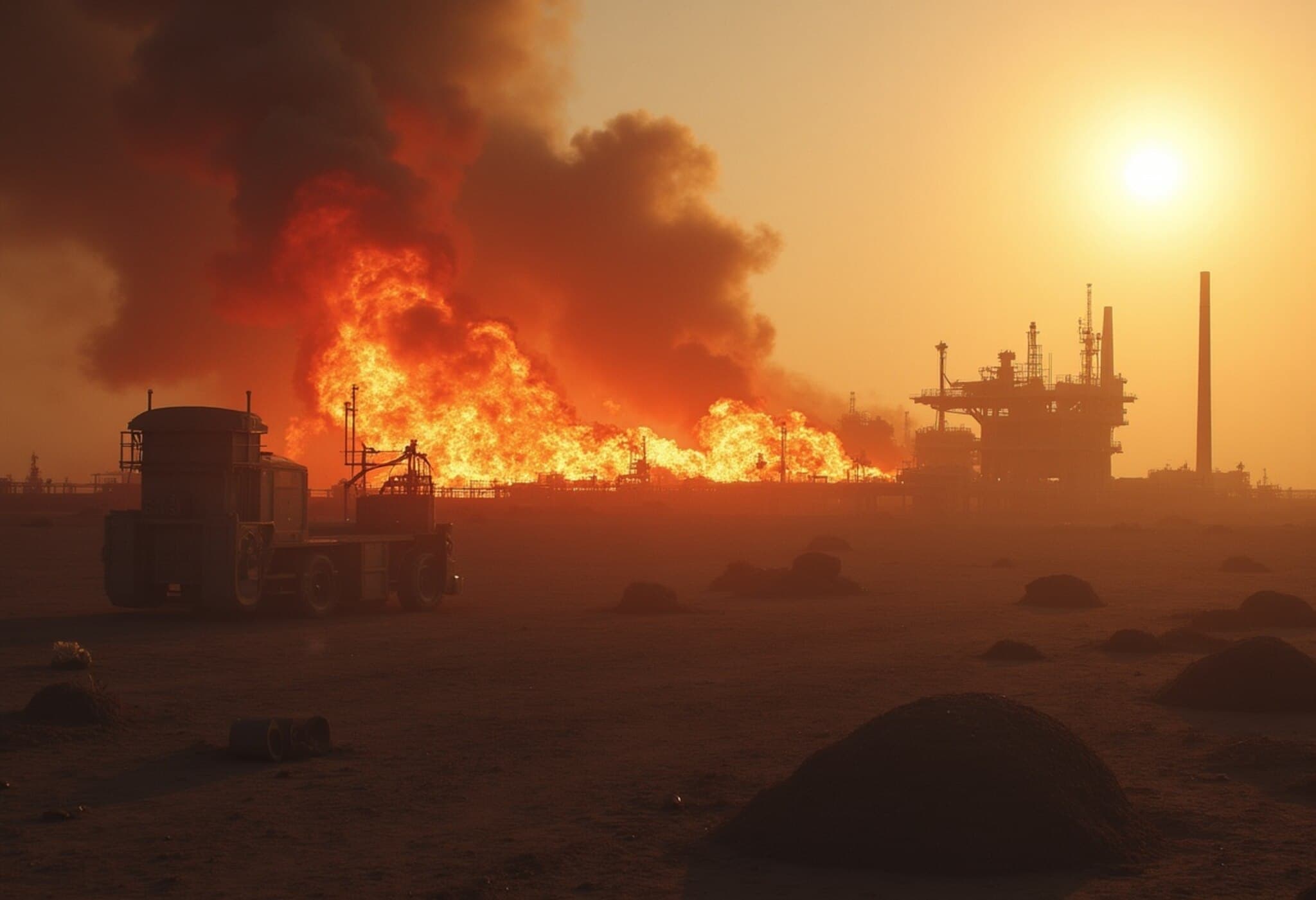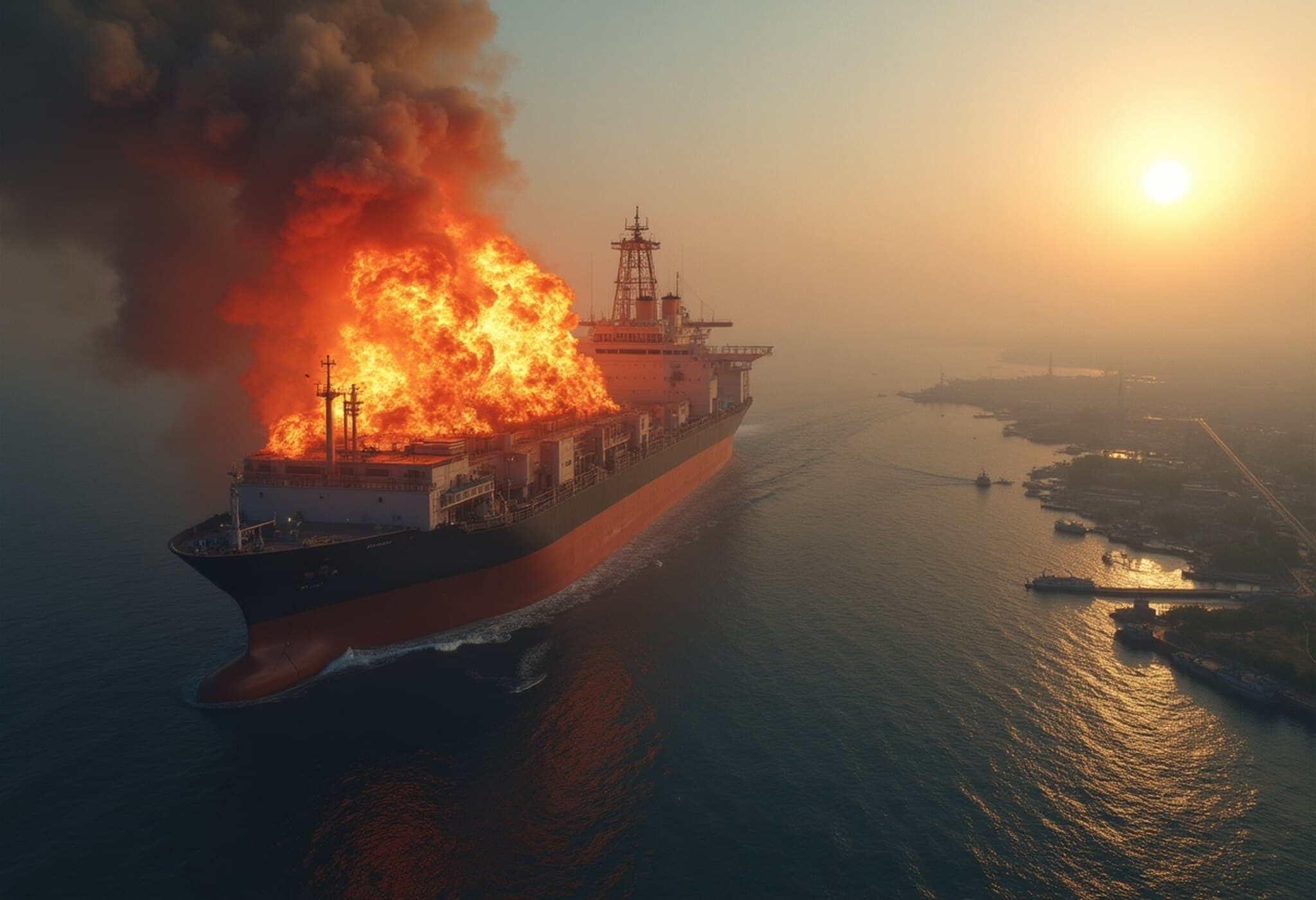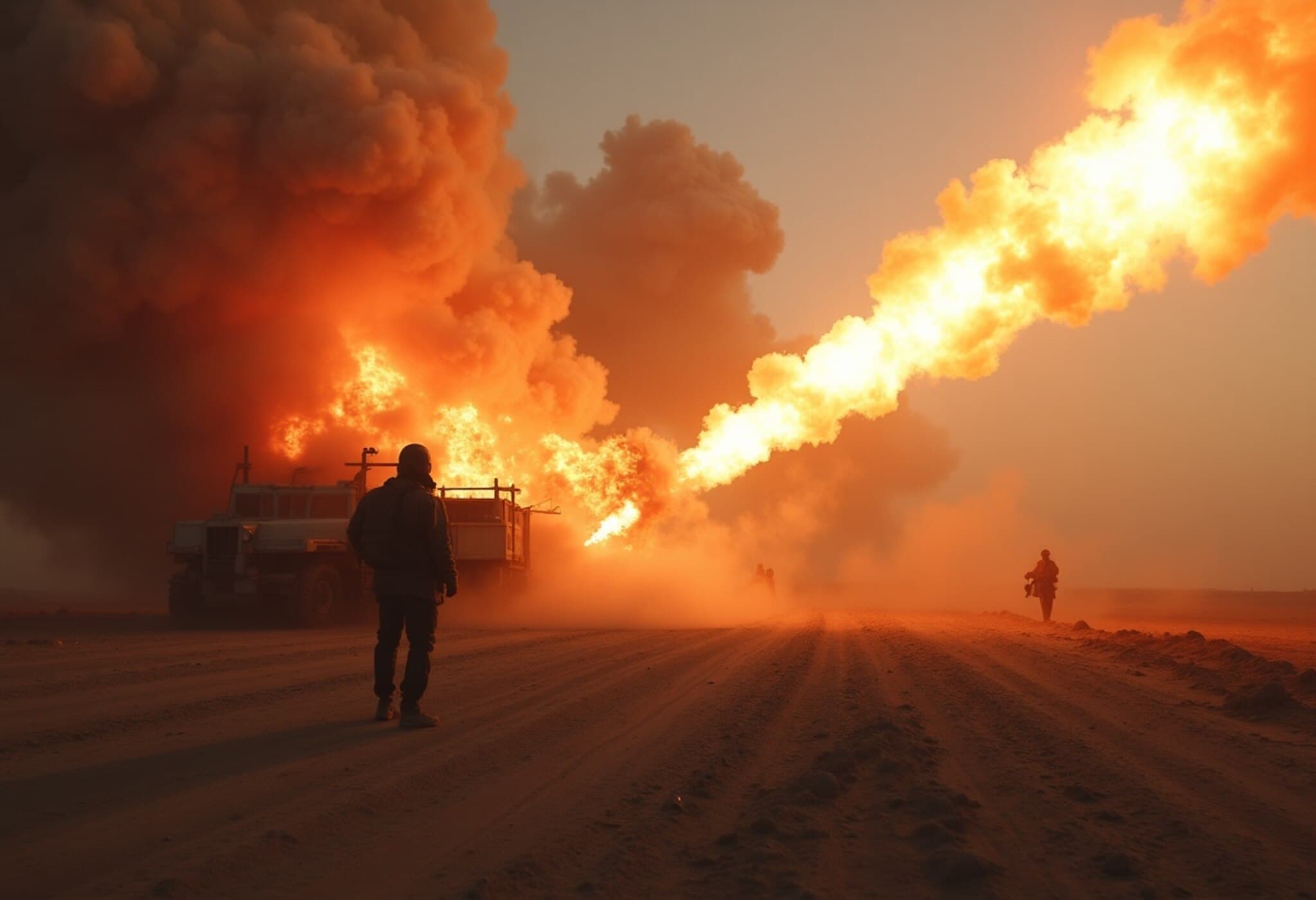Shipping Insurance Rates Spike Amid Israel-Iran Conflict
Shipping companies are facing a sharp rise in insurance premiums as tensions escalate between Israel and Iran. The cost of marine insurance for vessels navigating through the Persian Gulf and Red Sea has jumped significantly, reflecting growing security concerns in the region.
Insurance Premiums Climb Across Key Middle Eastern Waterways
Marine insurers now charge 0.2% of a ship’s value for voyages through the Gulf, marking a steep increase from the previous 0.125% rate before the recent flare-up between Israel and Iran.
Meanwhile, war risk insurance rates for the Red Sea have also increased, and coverage related to Israeli ports has surged more than threefold, reaching 0.7%. This highlights the heightened geopolitical risks that shipowners and insurers are grappling with.
Additionally, insurance quotes are now valid for only 24 hours instead of the usual 48, underscoring the unpredictability of the current situation.
Growing Security Risks Shake Shipping Routes
The rising insurance costs come amid ongoing airstrikes and exchanges between Israel and Iran, which have raised fears of a wider regional conflict. Despite the volatility, insurers are still offering coverage to keep cargo moving through these strategic maritime corridors.
According to experts, while the conflict remains localized, the atmosphere of uncertainty is prompting some shipowners to reroute their vessels or delay voyages.
Strait of Hormuz: A Critical Chokepoint Under Pressure
The Strait of Hormuz, a narrow passage between Iran and Oman, is a lifeline for global energy supplies and one of the world's most vital oil chokepoints. Recent volatility has led some shipowners to avoid this route altogether, impacting shipping patterns and heightening concerns about supply chain disruptions.
A security expert noted a "modest drop" in the number of vessels transiting the strait as companies weigh the risks against operational costs.
Any obstruction or delay in this waterway could have immediate ripple effects — pushing up global energy prices, increasing freight costs, and causing widespread supply chain headaches.
What Lies Ahead?
With the situation still fluid, shipping and insurance industries remain on high alert. The elevated insurance premiums reflect an ongoing recalibration to new geopolitical realities, as companies strive to balance risk management with the need to keep vital trade routes open.

